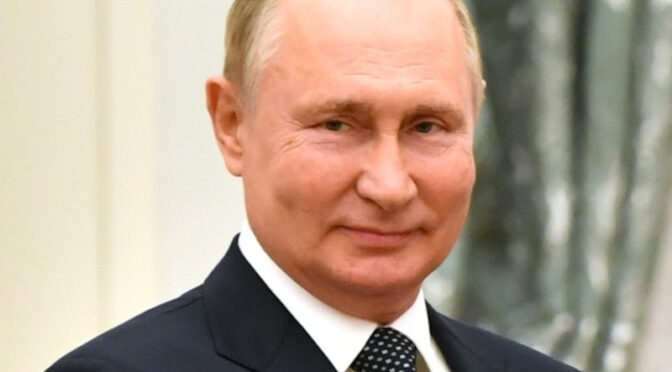Article published in The Daily Telegraph, 28 June 2022. © Richard Kemp
Despite claims in the West that Russia has already been defeated strategically, Putin has been rebuilding alliances that had frayed at the start of his invasion. China, the Kremlin’s most important partner, hedged its bets when Putin sent his forces in, calling for peace while laying at least part of the blame on Nato and the US. But just over a week ago, President Xi pledged greater economic and defence ties with Russia, flying in the face of Joe Biden’s direct warning to him in March against aiding Putin.
India and South Africa have also stuck with Putin, refusing to condemn his aggression at the UN. Indonesia too refused to join the international sanctions regime and, despite pressure, has invited Putin to the G20 summit in Bali in November which it is hosting. In the Middle East, Saudi Arabia, the UAE and Iran still maintain good relations with Moscow; and, along with Xi, Egypt’s President el-Sisi this month addressed the St Petersburg International Economic Forum, dubbed the ‘Russian Davos’.
Sri Lanka, facing a major fuel crisis, is sending ministers to Moscow to negotiate for oil at discounted prices. As well as economic self-interest, some of the countries that remain with Russia are influenced by anti-Western sentiment and some are only too willing to provide pathways for Putin and his oligarchs to get around ever-tightening financial controls and economic sanctions, including by transferring wealth and commodities. For example Iranian shipping, long used to overcome its own international sanctions, is reported to have been transporting Russian oil exports. All in all it has been a rather successful diplomatic project for the Kremlin, bearing fruit at a time when things are turning on the battlefield too.
What a striking contrast with the West, which has spent the G7 summit bickering over protectionism and irrelevant pet projects — such as President Macron’s grandstanding ‘European Political Community’, a kind of second class EU that some believe is intended to mollify countries like Ukraine, Moldova and North Macedonia as they sit out the interminable process of actually joining with Brussels.
There were plenty of somewhat incongruous photo-ops at the G7, with world leaders studiedly shedding their ties and mocking Vladimir Putin’s bare-chested horsemanship while Russia fired a storm of lethal missiles into Ukraine and drove Zelensky’s army out of Severodonetsk.
Putin’s recent advances in eastern Ukraine explain why, at Schloss Elmau, there was none of the earlier talk of how Russia must at all costs be defeated, despite Boris Johnson’s determination to steel his fellow leaders against growing war-weariness. The main message on Ukraine was self-congratulation on their unity and how they must not be divided. There were no new initiatives to decisively step up supply of battle-winning weapons, on which Nato in fact remains divided, with Italy resolute against confronting Russia, Germany talking big but dragging its feet and France looking to save Putin’s face. There was concern about hunger caused by Moscow’s grain blockade but no solid proposals on how to break it.
As the G7 drew to a close, Nato Secretary General Stoltenberg announced ‘the biggest overhaul of our collective deterrence and defence since the Cold War’. His increase to high readiness forces, forward deployment of troops and enhanced air defence are all to be welcomed. But the real war is being fought now and the best deterrent against Putin’s future aggression is for Nato to provide Ukraine with sufficient weapons and combat equipment to stop it in its tracks.
Image: Wikimedia Commons

